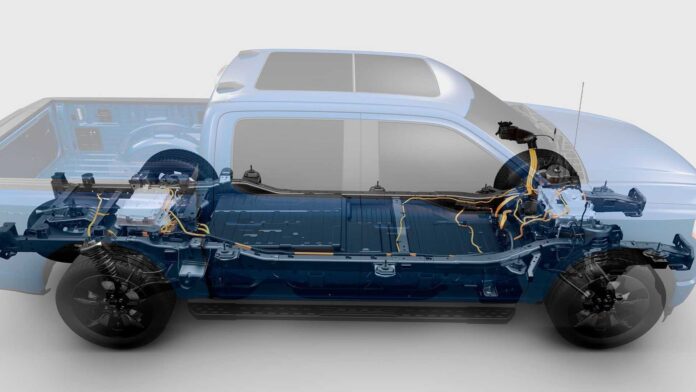
Plug-in electric vehicles’ lithium-ion batteries have become less prone to failures in recent years.
According to a study from battery health startup Recurrent entitled New Study: How Long Do Electric Car Batteries Last?, recently highlighted by the U.S. Department of Energy’s Vehicle Technologies Office, significant progress has been made after the first several years of series EV production.
The data from about 15,000 rechargeable vehicles from model years 2011 to 2023 showed that initially (2011-2015), battery replacements due to failure, outside of recalls like the Chevrolet Bolt EV, were much more frequent than in the later years (2016-2023).
In the beginning, when a limited number of models were available, up to several percent of vehicles ended with a battery failure. According to the data, the worst model year was 2011 with a 7.5% failure rate (aside from recalls). In the next few years, it was 1.6-4.4%, which indicates that several percent of EV users were affected by a battery failure.
As we can see in the chart, starting in 2016, there was a step change in the battery replacements due to failures, excluding recalls. It was as high as 0.5% starting in 2016, but in most cases, it was from 0.1% to 0.3%. That’s an order of magnitude improvement.
According to the article, most of the issues would have been covered by the manufacturer’s warranty. The improvements come from learning and more mature technologies, including active liquid battery cooling, new strategies of thermal battery management as well as new battery chemistries. We could probably add many more things, as virtually everything become more advanced with very strict quality control.
There is always a question of how good the study’s representation of the real world is. However, the news that battery replacements due to failures are less frequent is positive.
Another thing to ponder is if a 0.1% failure rate (or one EV per 1,000) in 2023 is acceptable or if the EV industry should aim for an even lower level by 2030.
In terms of individual models, it seems that the highest rate of battery failures was noted in the early Tesla Model S and Nissan Leaf cars. These cars were very popular in the plug-in segment at the time and inflated the total average:
- 2013 Tesla Model S (8.5%)
- 2014 Tesla Model S (7.3%)
- 2015 Tesla Model S (3.5%)
- 2011 Nissan Leaf (8.3%)
- 2012 Nissan Leaf (3.5%)
Here is Recurrent’s data related to select models, based on a community of around 15,000 drivers.
The biggest issue was the massive recalls of the Chevrolet Bolt EV/Bolt EUV and Hyundai Kona Electric a few years ago. The cars had faulty LG Energy Solution batteries (manufacturing issue).


